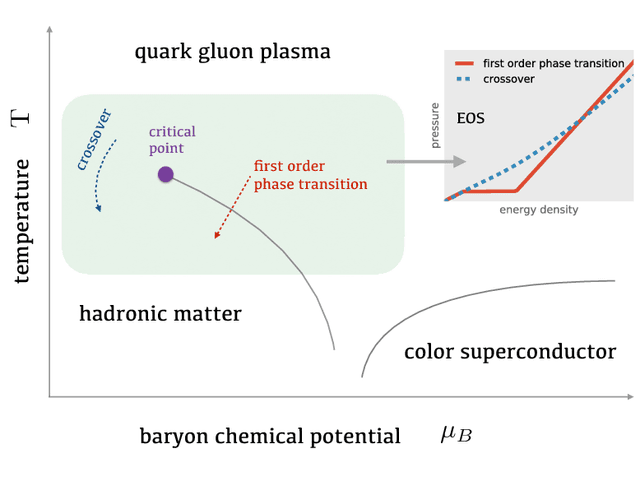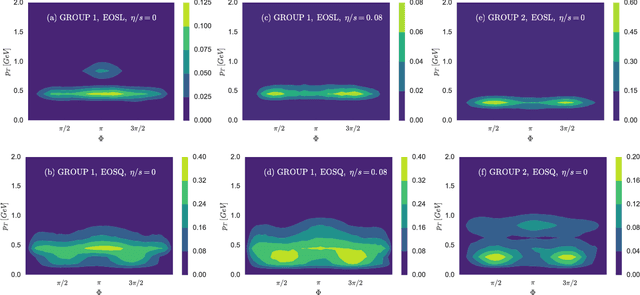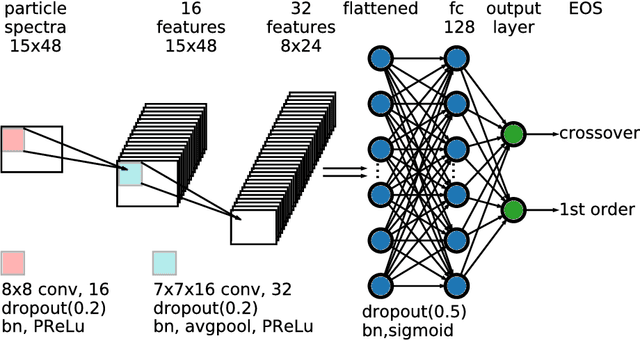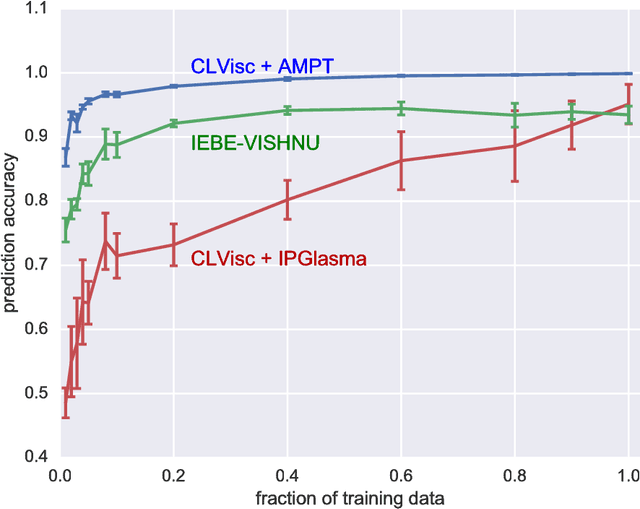Nan Su
Precognition in Task-oriented Dialogue Understanding: Posterior Regularization by Future Context
Mar 07, 2022



Abstract:Task-oriented dialogue systems have become overwhelmingly popular in recent researches. Dialogue understanding is widely used to comprehend users' intent, emotion and dialogue state in task-oriented dialogue systems. Most previous works on such discriminative tasks only models current query or historical conversations. Even if in some work the entire dialogue flow was modeled, it is not suitable for the real-world task-oriented conversations as the future contexts are not visible in such cases. In this paper, we propose to jointly model historical and future information through the posterior regularization method. More specifically, by modeling the current utterance and past contexts as prior, and the entire dialogue flow as posterior, we optimize the KL distance between these distributions to regularize our model during training. And only historical information is used for inference. Extensive experiments on two dialogue datasets validate the effectiveness of our proposed method, achieving superior results compared with all baseline models.
An equation-of-state-meter of QCD transition from deep learning
Aug 02, 2017



Abstract:Supervised learning with a deep convolutional neural network is used to identify the QCD equation of state (EoS) employed in relativistic hydrodynamic simulations of heavy-ion collisions from the simulated final-state particle spectra $\rho(p_T,\Phi)$. High-level correlations of $\rho(p_T,\Phi)$ learned by the neural network act as an effective "EoS-meter" in detecting the nature of the QCD transition. The EoS-meter is model independent and insensitive to other simulation inputs, especially the initial conditions. Thus it provides a powerful direct-connection of heavy-ion collision observables with the bulk properties of QCD.
 Add to Chrome
Add to Chrome Add to Firefox
Add to Firefox Add to Edge
Add to Edge